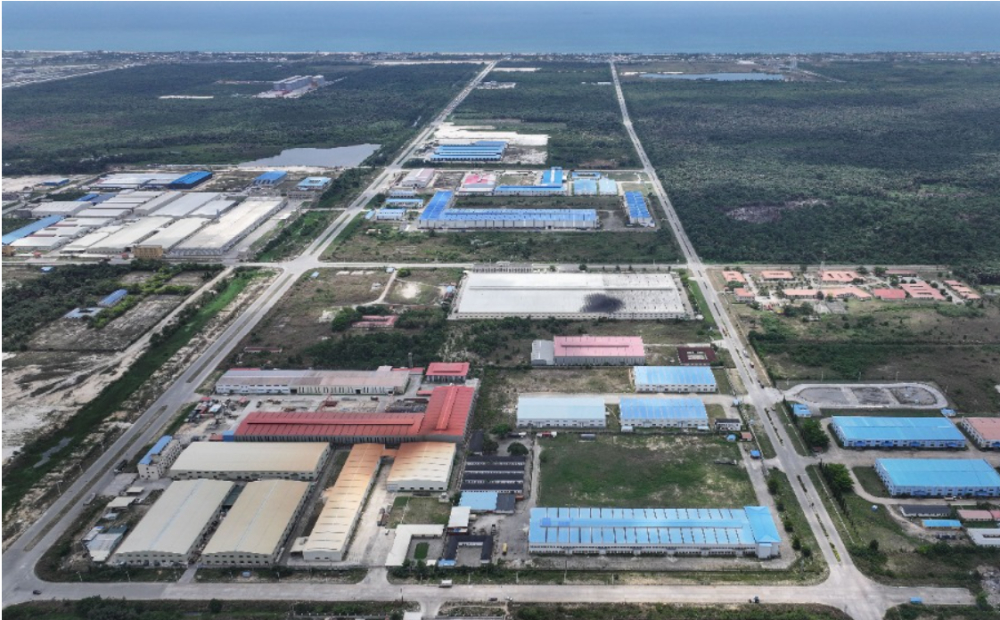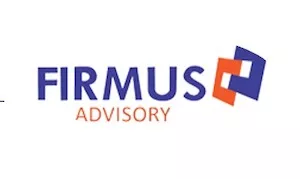- within Tax topic(s)
- with Finance and Tax Executives
- in United States
- with readers working within the Accounting & Consultancy and Law Firm industries
- within Tax topic(s)
- in United States
- within Tax, Finance and Banking and Immigration topic(s)
Introduction
As part of the effort to boost economic growth, attract foreign direct investment (FDI), boost exports, and encourage industrialization, the Nigerian government offer tax and regulatory incentives to investors by establishing the Free Trade Zones (FTZs).
A Free Trade Zone (FTZ) is a specially designated area within a country where businesses can operate with special tax, customs and regulatory privileges. Goods may be imported, manufactured, re-packaged, or exported from these zones without the usual customs duties, import/export licenses, or taxes that would apply in the rest of the country (Custom territories).
However, while these zones offer generous tax exemptions, businesses operating within them are still required to meet certain compliance obligations.
This article explained the meaning of Free Trade Zone (FTZ) and the requirements to register in FTZs, explored Nigeria's major FTZs, outlined the tax compliance requirements and the also examined the tax implication of typical transactions of companies in FTZs.

Aerial drone view of the Lekki Free Trade Zone in Lagos, Nigeria
Free Trade Zones (FTZs) are designated geographic areas where businesses enjoy special economic privileges, including tax exemptions and relaxed customs regulations, to encourage investment, industrialization, and export-oriented growth. Essentially, these zones offer a business-friendly environment with reduced government interference, particularly for companies involved in manufacturing, processing, and exporting goods. Licenses for operating in Free Zones in Nigeria are issued by two main authorities:
- Nigeria Export Processing Zones Authority (NEPZA) – for general manufacturing, services, trading, and export-oriented businesses.
- Oil and Gas Free Zones Authority (OGFZA) – for companies operating in oil and gas-related free zones such as Onne, Brass, and Ibom.
Each authority regulates the zones under its jurisdiction and grants operational approvals and licenses and operating license are valid for one-year subject to renewal.
Requirements to register a company in Free Trade Zone
The following are the requirements to register a business in free trade zone:
- Application Letter to NEPZA or OGFZA.
- Evidence of Payment of application and license fees.
- Business Plan/Feasibility Study detailing proposed operations.
- Certificate of Incorporation (from Corporate Affairs Commission).
- Memorandum and Articles of Association.
- Site Plan or layout of the factory/office (if applicable).
- Environmental Impact Assessment (EIA) (for manufacturing).
- Tax Identification Number (TIN).
- Means of identification of directors/shareholders
- Board Resolution to operate in a Free Zone.
Key Characteristics of Free Trade Zones (FTZs) in Nigeria
1. Tax and Duty Exemptions:
Companies operating in approved FTZs are exempt from all federal, state, and local government taxes, levies, and rates. They also enjoy customs duty exemptions on imports of raw materials, machinery, and equipment used in production or export. However, the exemptions are based on certain conditions.
2. 100% Foreign Ownership Allowed:
FTZs allow full foreign ownership of businesses. There are no equity participation restrictions, making the zones attractive to international investors.
3. Full Repatriation of Profits and Capital:
Investors are free to repatriate profits, dividends, and capital without restrictions, subject to Central Bank of Nigeria (CBN) guidelines.
4. Simplified Import and Export Procedures:
No requirement for import or export licenses within FTZ operations. Goods can be imported into the zones duty-free, and exports leave the zones with minimal bureaucracy.
5. Outside the Customs Territory:
FTZs are considered to be outside Nigeria's customs territory for tax purposes. However, goods leaving the FTZ and entering Nigeria's local market (customs territory) become subject to applicable customs duties and taxes.
6. One-Stop Shop Administration:
Government agencies such as Customs, Immigration, NEPZA/OGFZA, and NPA maintain a presence in the zones. This ensures fast-track processing, licensing, and regulation under a single-window framework.
7. Special Regulatory Oversight:
FTZs are regulated by:
- Nigeria Export Processing Zones Authority (NEPZA) – for general free zones (e.g., Lekki, Calabar, Kano)
- Oil and Gas Free Zones Authority (OGFZA) – for oil and gas-specific free zones (e.g., Onne, Brass, Warri)
Each zone is required to comply with the operational guidelines and monitoring of these agencies.
8. Employment and Local Content
FTZs promote local employment but also allow unrestricted employment of expatriates where necessary. Companies are encouraged to develop skills and transfer technology to Nigerian workers.
9. Targeted Economic Activities
FTZs focus on strategic industries such as: Manufacturing, Oil and Gas, agro-processing, Logistics, Warehousing, Petrochemicals, Technology and Innovation.
10. Infrastructure Support
Many FTZs provide pre-built industrial spaces, logistics hubs, power supply, port access, and road networks to support business operations. Zones like Lekki FTZ are integrated with projects such as Lekki Deep Sea Port and Dangote Refinery.
To view the article in full click here
The content of this article is intended to provide a general guide to the subject matter. Specialist advice should be sought about your specific circumstances.


